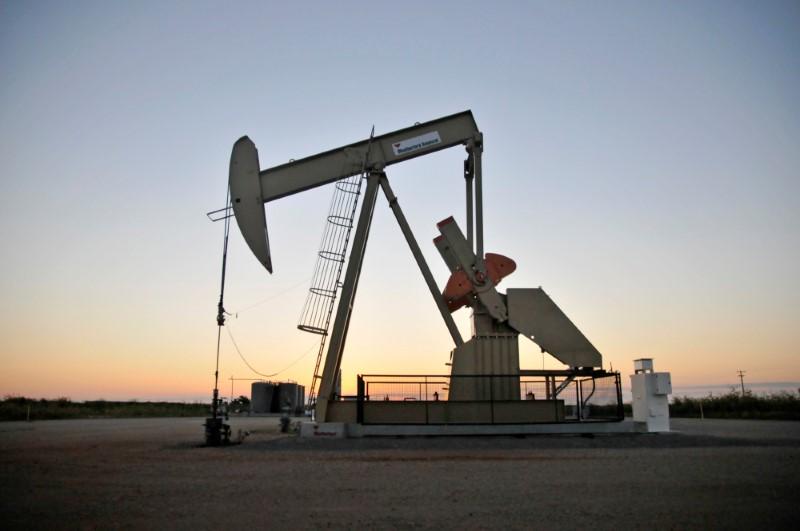LONDON—Oil hit a two-week high above $74 a barrel on Wednesday as an industry report showing a sharp drop in U.S. crude inventories and U.S. sanctions on OPEC producer Iran pointed to tighter supplies.
The American Petroleum Institute reported U.S. crude stocks fell last week by 5.2 million barrels, more than three times the decline analysts expected. The government’s official figures are due at 1430 GMT.





